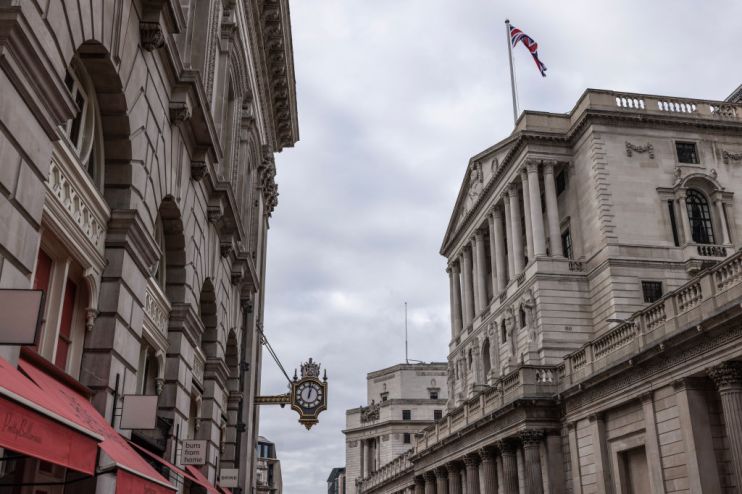Why Deutsche Bank reckons the UK economy will avoid a recession in 2024

The UK economy outperformed all expectations in 2023, but it was hardly a vintage year.
Growth was sluggish, with GDP expanding 0.3 per cent in the first quarter and just 0.2 per cent in the second. A mild downturn remains a possibility after revised figures showed a 0.1 per cent contraction in the third quarter while monthly figures for October did not make for happy reading either.
Yet despite the picture of a slowing economy, analysts at Deutsche Bank expect the UK to avoid a recession.
Going into the new year, Sanjay Raja, chief UK economist at Deutsche Bank, pointed to a number of reasons why the UK could have a stronger performance in 2024 than many analysts expect.
It all starts with inflation. Having peaked at over 11 per cent in October 2022, inflation fell below four per cent in November 2023 for the first time in two years.
Raja suggested that the rapid unwinding of inflationary pressures would continue in 2024.
“We’re seeing bigger drops in demand sensitive price items – from core goods (clothing, furniture, IT, cars), to demand sensitive services items like travel and recreation services,” Raja said.
Energy prices, which contributed significantly to the rise of inflation in the first place, will also fall further.
The bank estimates that lower energy prices will save households around £10-15bn in 2024 relative to last year. This could enable spending in “more productive” areas, Raja said.
With inflation likely to fall further, the Bank of England will feel more able to ease monetary policy.
The Bank has now left interest rates on hold for three consecutive meetings, keeping the benchmark Bank Rate at a post-financial crisis high of 5.25 per cent.
While rate-setters have insisted it is still too early to cut interest rates, markets expect the Bank of England to start cutting rates in May with the Bank Rate falling to four per cent by the end of the year.
Raja expects 75bps of rate cuts, starting in May, but did say more cuts were possible if there were further drops in private sector pay and a more rapid increase in unemployment.
Falling inflation has also contributed to an improving outlook for households as real wage growth has climbed into positive territory.
Raja expects real wage growth to remain positive for a “sustained period,” forecasting growth of 1.75 per cent next year which would make it one of the highest growth rates in the last decade.
This significant boost to wages will mean consumption will remain positive despite the pressures households will face from remortgaging onto higher rates.
Raja also noted that the tax cuts announced in the Autumn Statement will add close to £10bn to incomes, with more tax cuts expected in March’s Spring Budget.
“We think tailwinds are gathering momentum,” Raja said. “A soft landing remains our basecase.”